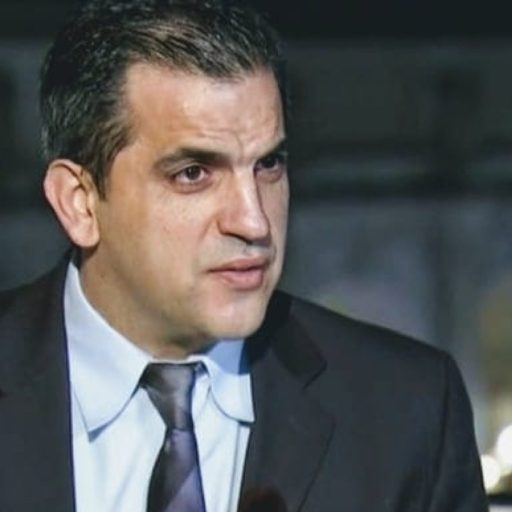Uncategorized
Uncategorized
US hits deadlock in Lebanon-Israel border mediation
While this level of diplomatic involvement might not always be needed, the United States should keep these actors engaged and their calculations in check. Hezbollah does not want to give the impression of conceding to Israel, and the Lebanese government wants to avoid the pitfall of directly negotiating with Israel. In return, there are no high stakes in this maritime dispute for Israel, which is not motivated to give a gift to Lebanon with nothing in return. That’s the core of the stalemate. Click here to read my latest analysis.
Uncategorized
Quoted in the Daily Star about Tillerson visit to Beirut
Click here for the full article, my main points are:
-
Israel’s decision to build wall derailed talks to demarcate maritime line.
-
The best outcome is to have both parties re-commit on halting exploration in disputed areas.
-
The State Department should designate an official to follow up on mediation.
